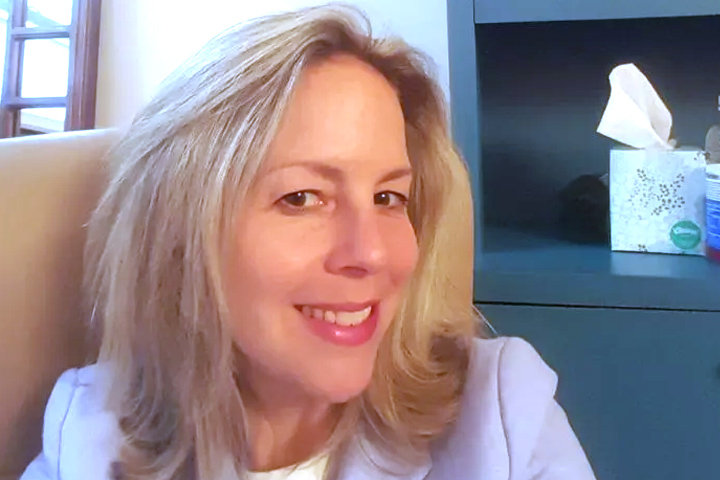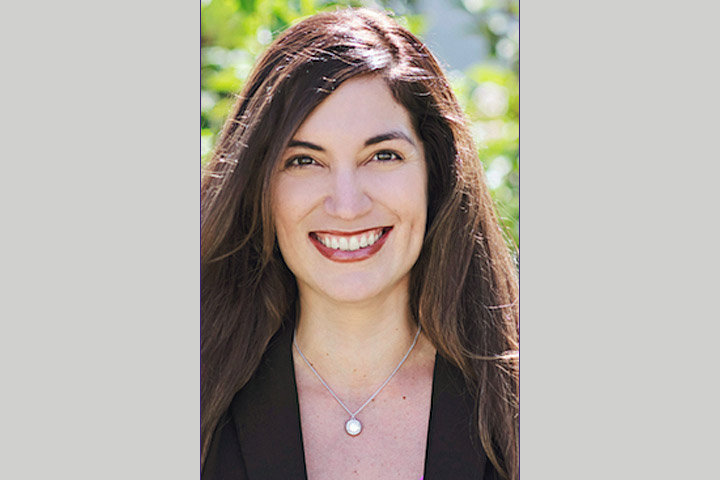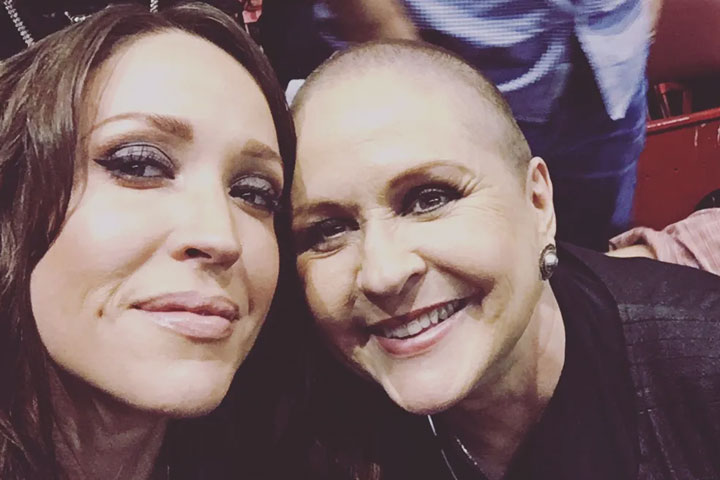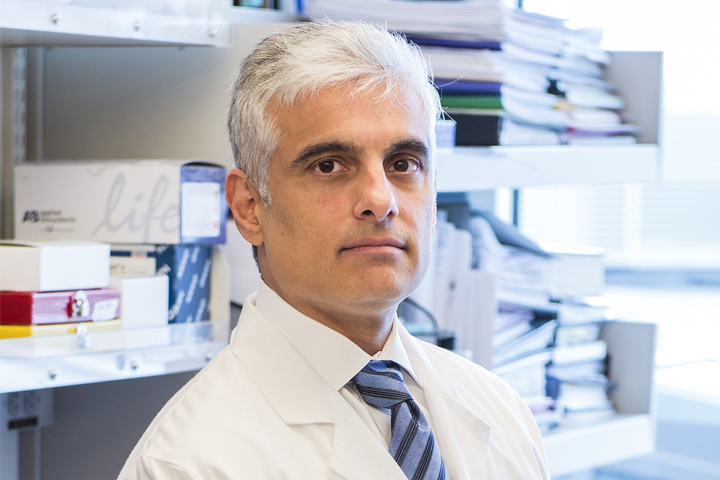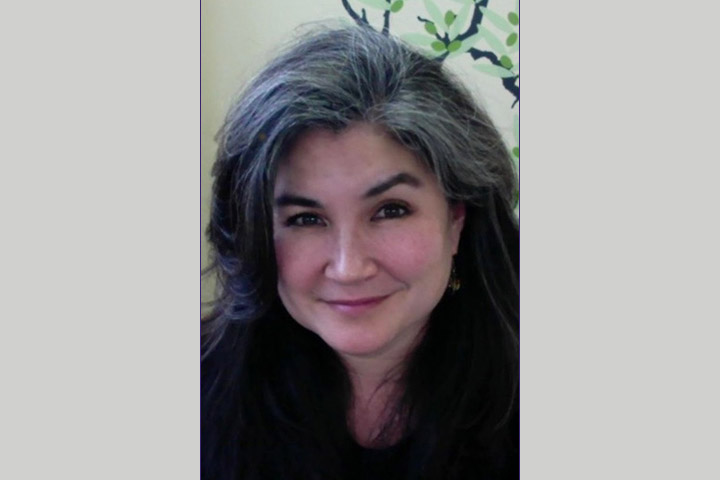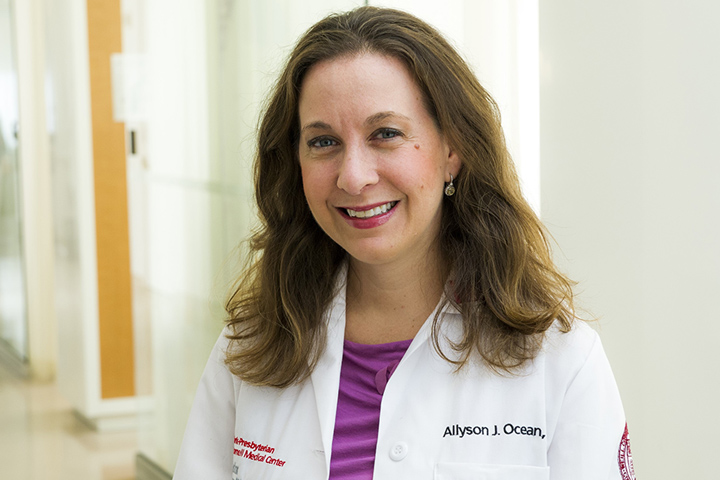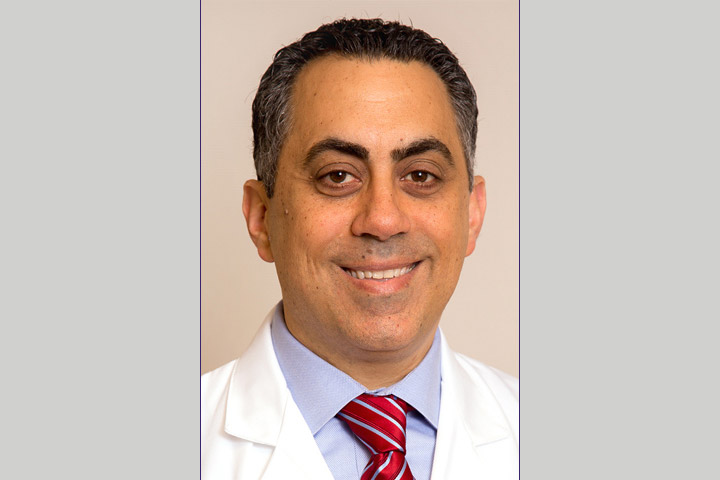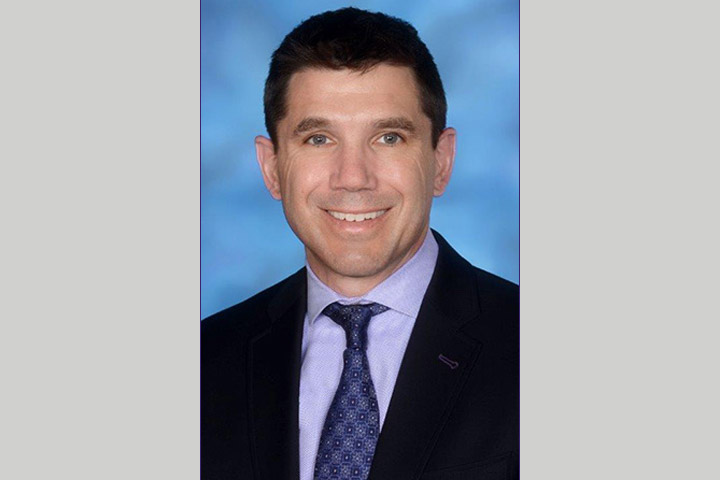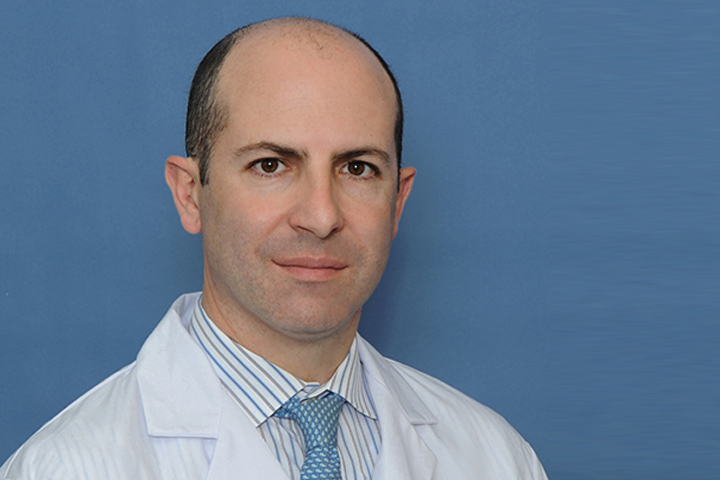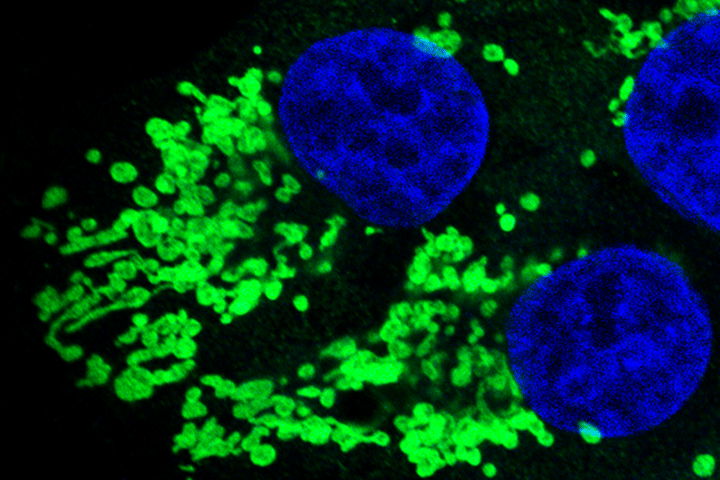Patient Voices
418 articles
Where Caregivers Can Turn When they Need Support
Social worker Lauren Shaffer provides information about how and where caregivers for pancreatic cancer patients can get support and help for themselves.
Stay Fit During Cancer Treatment
Researcher Christina Dieli-Conwright discusses the benefits of exercise during pancreatic cancer treatments, and ways patients can stay fit.
Testing an Approved Drug for a Specific Mutation
Researchers are testing a drug combination for melanoma in pancreatic cancer patients with a BRAF genetic mutation.
The Diabetes and Pancreatic Cancer Connection
Professor Dr. Suresh Chari explains the link between newly on-set diabetes as an indication of pancreatic cancer. Read Dr. Chari’s findings to learn more.
Cachexia Research Gaining Momentum
Why do pancreatic cancer patients lose weight even if they are eating well? Dr. Teresa Zimmers explains the syndrome called cachexia.
PRECEDE Trial Sets Survival Rate Goal
Dr. Raymond Wadlow explains how earlier detection of high-risk people is key the PRECEDE trial’s goal to increase pancreatic cancer survival rates.
Positive Results For Borderline Resectable Disease Pilot Study
Dr. Zev Wainberg provides details on a trial of chemotherapy and immunotherapy for patients with borderline resectable pancreatic cancer.
Introducing the Let’s Win Trial Finder
Let’s Win now has an on-site Trial Finder! Our new Trial Finder allows patients and caregivers to search for trials on their own or with a Trial Navigator.
Highlights from the 2025 AACR Annual Meeting
Drugs to target KRAS, better imaging for earlier detection, and cachexia prediction are among the research highlights from AACR 2025.
When Certain Chemotherapy Drugs Are in Short Supply
It’s been all over the news–some chemotherapy drugs are in short supply. Dr. Allyson Ocean explains a doctor’s options in these situations.
Comprehensive Molecular Test Helps Classify Pancreatic Cysts
Dr. Aatur Singhi and colleagues are developing a test to help determine whether pancreatic cysts are likely to turn cancerous.
